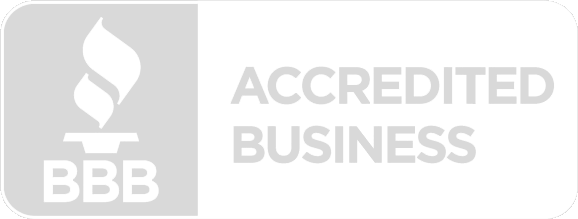Difference Between Commercial and Residential Leak Detection Services
Leaky water pipes cause a lot of destruction in houses and office buildings, especially if the leaks are not found on time. Leak detection services prevent repair costs and water wastage. However, there are substantial differences between the leak detection services offered to commercial and domestic setups. Recognizing these distinctions enables you to make informed decisions on the ideal service for you.
What Is Residential Leak Detection?
Residential leak detection aims to identify water leaks at home. These leaks are found in various places, such as plumbing pipes, faucets, toilets, underground water lines, etc. Home leak detection is generally quick because it is executed in less complicated plumbing systems than in commercial buildings. Also, detection rarely requires the use of a wide range of tools.
A leak detection specialist employs various techniques, including acoustic sensors, infrared cameras, and pressure testing, to find leaks in structures without damaging walls or flooring. Periodic inspections to identify any possible leaks should be planned by homeowners to avoid expensive water bills and destruction.
What Is Commercial Leak Detection?
Commercial leak detection involves the detection of leaks in larger facilities, which include offices, hotels, retail centers, food service chains, departmental or grocery stores, gas stations, and industrial facilities. These properties have complex plumbing systems with various sources of water, complicating leak detection. Commercial leaks involve underground sources, sprinkler systems, boilers, and HVAC systems.
Detecting leaks in a commercial building may require the use of advanced techniques, such as concrete scanning and tracer gas leak detection. Water leaks can cause major structural damage in a commercial property, making the leak detection process a necessity.
Key Differences Between Commercial and Residential Leak Detection
- Plumbing Complexity – Residential plumbing systems are simpler, but commercial properties consist of larger pipelines and fixtures, which demand professionals utilize advanced techniques of detection.
- Equipment Used – Commercial leak detection is most commonly done with high-tech equipment like moisture meters, acoustic sensors, tracer gas sensors, leak correlation technology, and thermographic equipment, while residential leak detection usually uses acoustic devices and occasionally infrared detection.
- Detection Time – Locating a leak in a commercial building is more time-consuming, primarily because the networks are larger than in residential homes.
- Risk and Damage Impact – A leak within the home damages the walls or flooring; however, the leaking of a commercial property leads to expensive fixes, putting the business at risk for legal liabilities and causing downtime.
- Preventive Maintenance – Businesses routinely need leak detection conducted on a regular schedule to meet regulatory obligations and avoid disruption to their operations, while homeowners typically call when they see a problem.
Why Professional Leak Detection Matters
Water leak detection is essential regardless of whether you are a homeowner or run a business. Even a minor leak can potentially cause mold and mildew, increase water consumption, and even cause structural damage. Leak detection prevents costly damage to the property- all thanks to professionals’ non-destructive methods.
Summary
There are several factors that differentiate residential and commercial leak detection services. Homes do not require complex equipment for leak detection compared to commercial buildings, where advanced mechanisms are utilized. For professional leak detection, always use C-N-I Locates. Call now and schedule a service that will keep your premises safe from unwanted water leaks.


